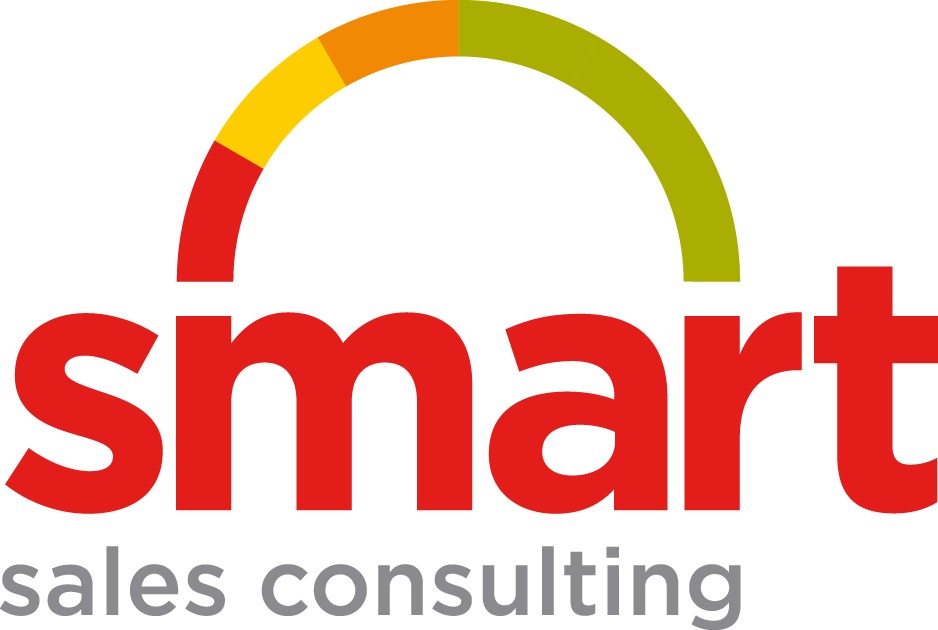How Peer-To-Peer Coaching Could Work For Your Business
Just because you already employ talented sales people, it doesn’t necessarily mean that you have the appropriate employees in your business for sales coaching your UK team. We’ve long been believers that being a great sales person and being a great sales coach doesn’t always go hand in hand, which is why we offer sales coaching which delivers great results as an outsourced service for businesses. To really get to grips with why that is, this article from Forbes really hits the main points hard, from the perspective of an expert sales coach.
The sales coach in question, Randy Illig, who works with Fortune500 companies, recounts how for a long time he followed the concept that leaders within businesses were the best people to coach sales staff, however, in recent times this perspective has shifted, from working with large companies on sales strategies.
Putting sales coaching roles onto sales leaders, he says, can be crushing and means that everything rests on their shoulders. Even as those in more senior sales positions, everyone has their strengths, and it’s not necessarily a given that those that can make sales teams function can apply those skills into a coaching role too. Coaching is also an on-going practice too, so for a sales leader to absorb this potentially never-ending workload, can weigh heavily on a team.
Outsourcing to individuals that are experienced and dedicated to sale coaching brings a completely different perspective, and one that can feed into, but also go beyond an individual company’s taught sales strategy. While these coaching sessions are more fixed in their time and nature than when working with someone within the business, it also gives the opportunity to hand more dependency onto the sales team in terms of ongoing coaching.
Within the business itself, Illig suggests creating ‘a culture of coaching’, opposed to a having a leader as a coach, and even though not every member of staff may not be a top sales performer, they can be taught to coach their peers with a simple framework, creating a workplace where the opportunity to learn from others’ experiences is much more omnipresent.
When integrating coaching as part of a working culture, it doesn’t have to take the same form as when dealing with a central leader or an external coaching team. Instead, it becomes part of the work conversation and integrated into everyday, individual tasks. It can be a five minute phone call, for example, or a quick Google hang out, bringing a specific concern to a wider audience to receive peer coaching on. Bringing in some other thoughts and ideas onto a problem may uncover more innovation than otherwise would have been available to the individual.
To make this work, suggests Illig, it’s about setting a new standard with your team. Sales environments can be competitive, but setting expectations on peer coaching let’s employees know that this is a part of what is expected of them now. To bring accountability to this, and to share coaching findings further, he also suggests taking 20 minutes as a group once a month to meditate on what has been shared and learned through this process.
